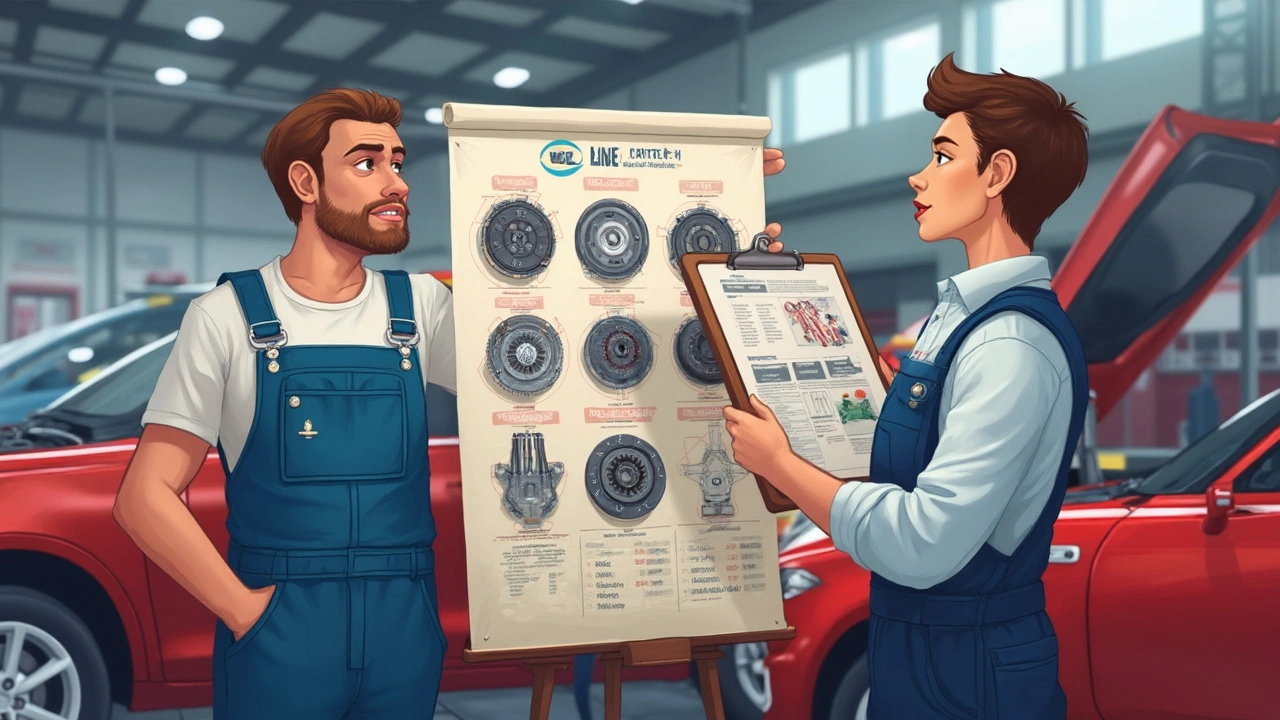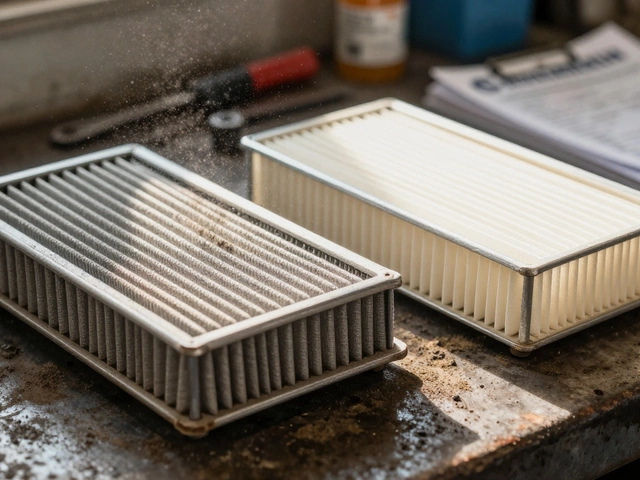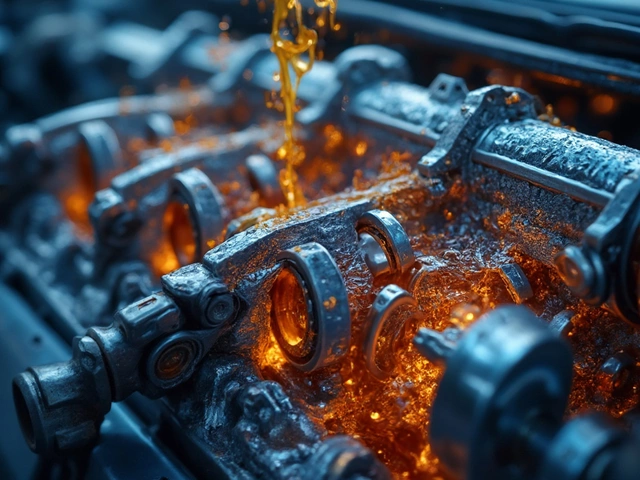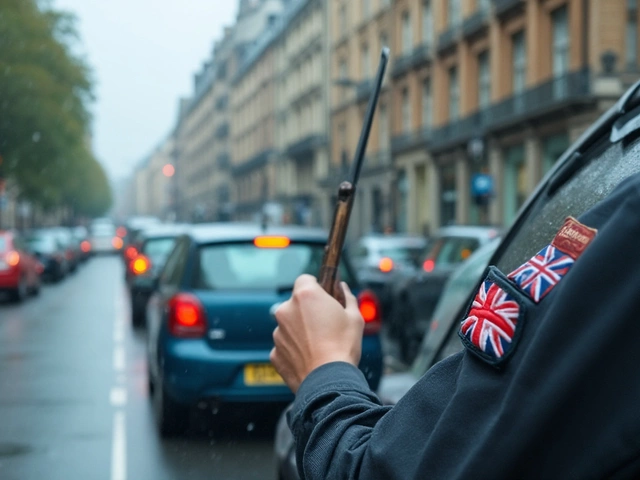Clutch acting up? Wondering how much it’s going to hurt your wallet to fix it? You’re not alone. Installing a clutch kit isn’t cheap, but knowing what actually goes into the final price can help you dodge surprises.
The whole job usually includes the cost of the clutch kit itself—think clutch disc, pressure plate, and release bearing—and what you’ll pay for labor at the shop. Some shops have a flat rate, but others bill by the hour. And let’s be honest, labor costs can sneak up fast, especially in big cities or for certain car models that are harder to work on.
But price tags aren’t all the same. For example, a typical compact car clutch kit might run $100–$250, while one for a European sports car could blow past $600. Add labor—usually 3 to 6 hours—which can mean $300 to $1,000 more depending on where you live and work gets done. And don’t forget those “it just popped up” extras, like resurface fees for your flywheel or replacing the hydraulic fluid.
- Breaking Down Clutch Kit Costs
- Labor and Extra Fees Explained
- Tips for Saving Money
- How to Choose a Reliable Mechanic
Breaking Down Clutch Kit Costs
If you’re eyeing a clutch kit installation, there are two big numbers you need to care about: the price for parts and the cost of labor. The parts themselves are called a clutch kit, and usually, you get a clutch disc, pressure plate, and release bearing. Some kits throw in extras like a pilot bearing or alignment tool, but these are the main stars.
So what’s the real deal with pricing? For most everyday cars like a Toyota Corolla or Honda Civic, a standard clutch kit will set you back $100–$250. Got a pickup like a Chevy Silverado? The parts might be $200–$400. Headed into European or high-performance territory—think BMW, Audi, or sports cars? You could be looking at $500 up to $1,200 just for parts.
Here’s a quick look so you can compare easily:
| Vehicle Type | Typical Kit Price |
|---|---|
| Compact (Civic, Corolla) | $100–$250 |
| Mid-size/SUV | $150–$350 |
| Pickup/Truck | $200–$400 |
| European/Sports | $500–$1,200 |
But don’t forget, the price tag you see online sometimes skips shipping fees and taxes. And if your flywheel is scored or uneven, you’ve got even more costs heading your way—flywheel resurfacing usually lands between $40 and $100, but a new one can be $200+.
If you shop at a dealership, expect to pay at the higher end. Local or independent shops might let you bring your own kit, but check their policy. Watch out for off-brand kits that look cheap up front but can fail early and make you pay more in the long run.
The total clutch replacement cost really depends on make, model, and whether you’re going with a stock or performance kit. Always double-check what your kit includes so you don’t get hit with “missing part” charges halfway through the job.
Labor and Extra Fees Explained
Here’s the thing: the price tag for clutch kit installation isn’t just about the parts. Labor costs usually make up the biggest chunk of the bill. Mechanics often charge between $80 and $175 per hour, and a clutch replacement is no quick job. Most cars need at least 3 to 6 hours of wrenching—so you’re easily looking at $300 on the low end and over $1,000 for some makes, like trucks or European cars.
Some repair shops quote a flat rate, but most bill by time. Be aware—shops often need to remove the whole transmission just to reach the clutch. That’s what makes this job pricier than something quick, like an oil change or brake pad swap.
Hidden or extra fees can sneak in as well. Here’s what to look out for:
- Flywheel Resurfacing or Replacement: This is almost always needed. Expect anywhere from $30 to $150, or more if your flywheel is too far gone.
- Hydraulic Fluid: Some cars need new fluid for clutch hydraulics. That’s a small charge, usually under $20, but it adds up.
- Pilot Bearing/Bushing: Sometimes these need changing too. Parts cost $10–$40, plus labor.
- Shop Supplies and Environmental Fees: Shops might tack on a few bucks for rags, cleaners, and disposal. Not huge, but worth knowing about.
Want to see what adds up? Check this simple breakdown for a typical clutch replacement cost on an average sedan:
| Cost Item | Low End | High End |
|---|---|---|
| Clutch Kit | $120 | $350 |
| Labor (4hrs @ $120/hr) | $480 | $720 |
| Flywheel Resurface | $30 | $100 |
| Hydraulic Fluid | $10 | $20 |
| Misc. Fees | $15 | $35 |
| Total | $655 | $1,225 |
If your car is older or the job is more complicated, things can get pricy fast. Always ask your mechanic for a full quote before any work starts. That way, you won’t get hit with sticker shock when you pick up your keys.
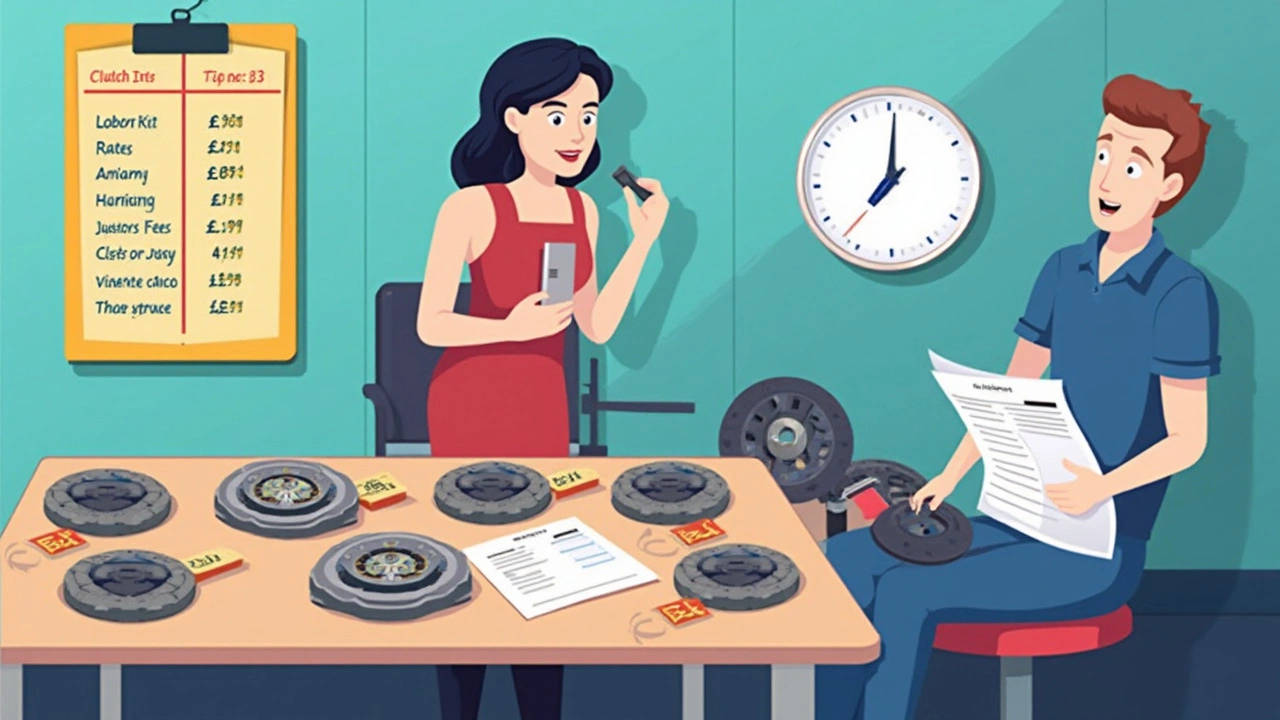
Tips for Saving Money
You want to keep more cash in your pocket when tackling a clutch kit installation. So, let’s skip wishful thinking and get real with money-saving moves that actually work.
- Shop around for quotes. Call at least three repair shops. Prices can swing by a few hundred dollars, even for the same car model. Get a written quote that breaks down all charges—parts, labor, and fees—so you can compare apples to apples.
- Bring your own parts. If you buy a clutch kit online or from an auto parts store, you’ll often pay less than what most shops charge. Some mechanics are fine with this, but always ask first. Make sure the parts fit your exact make and model—there’s nothing worse than paying for labor twice because the part was wrong.
- Opt for aftermarket instead of OEM. Sure, original equipment manufacturer (OEM) parts have a solid rep, but aftermarket clutch kits often perform just as well and can cost 20–40% less.
- Look for package deals. Some shops bundle related services, like flywheel resurfacing or hydraulic fluid changes, at a discount if you do everything at once. This is smarter and cheaper than splitting up the work.
- Skip the dealer if you can. Dealer shops charge a premium for labor—sometimes double what independent mechanics ask—and the parts markup can be wild.
Just to give you an idea of possible savings, here’s a quick look at typical clutch kit installation costs:
| Service Option | Typical Cost |
|---|---|
| Dealer | $900–$1,500 |
| Independent Shop | $600–$1,000 |
| DIY (Parts Only) | $150–$600 |
One last tip—if you’re good with a wrench and have the right tools, doing the job yourself can save you hundreds, but it’s not for beginners. The job is heavy, and mistakes get expensive fast. For most drivers, a trusted independent shop gives the best mix of savings and peace of mind.
How to Choose a Reliable Mechanic
If you’re about to pay real money for clutch kit installation, picking the right shop is probably more important than picking the kit itself. Bad work can mean double the trouble—and double the bill—when you have to go back and redo it.
First, check out reviews online. Yelp, Google, and Facebook all make it easy to spot trends in customer feedback. If a shop has loads of recent praise for clutch jobs, that’s a solid green light. Watch out for places with a string of complaints about high clutch replacement cost or shoddy repairs. Word of mouth still counts, too—ask friends or coworkers who had their clutches done if they were happy with the work and the price.
Don’t just trust a big sign or slick waiting room. Certifications matter. Look for shops with ASE-certified mechanics. Shops that specialize in your make—especially if you drive something like a Subaru or a European car—tend to get the job done faster and more accurately since they’ve seen clutch kit installs on your car before. Check if the shop is part of AAA’s network; these shops usually stick to fair pricing guidelines and back up their work with warranties.
- Ask for a clear written estimate before agreeing to anything. A good mechanic will break down parts, labor, and extras like flywheel resurfacing.
- Don’t be shy—ask if they’ll use your supplied clutch kit if you’ve already picked one up online. Some shops are happy to do it, which can save you a ton on parts markup.
- Ask about warranty. Quality shops back up their work for at least 12 months or 12,000 miles. If they don’t, move on.
| What to Look For | Why It Matters |
|---|---|
| ASE Certification | Shows the mechanic meets national standards for quality |
| Clutch experience with your car make | Reduces mistakes, shortens installation time |
| Written Estimate | Prevents hidden fees, keeps pricing transparent |
| Warranty on Labor & Parts | Protects you if mistakes come up later |
One smart move: stop by the shop in person before you commit. You can tell a lot by how they treat you—good shops explain things clearly, welcome your questions, and don’t pressure you into a quick deal. And saving $100 means nothing if you’re back in a month with a slipping clutch. Take the time to pick a shop that treats customers right and stands by their work.
